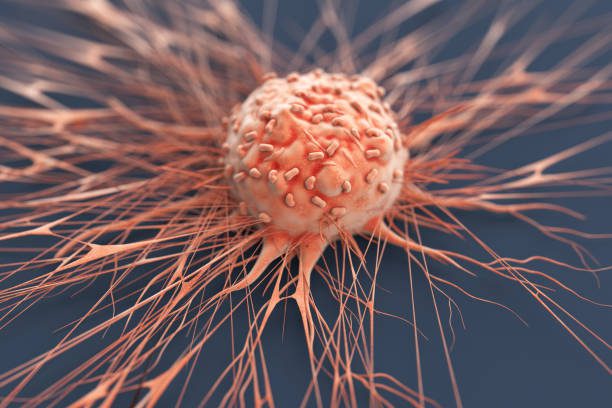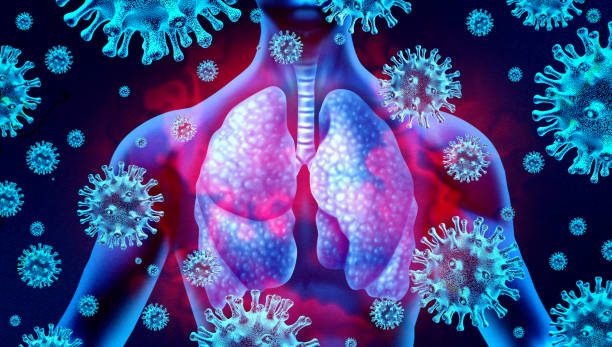Smoking is one of the most dangerous habits that people have. It is a leading cause of preventable deaths in the world. Not only does it affect the smoker, but also the people around them. It is a habit that can lead to serious health problems such as cancer, heart disease, stroke, and respiratory diseases. Despite the fact that it is a known killer, many people still find it difficult to quit the act. In this article, we will discuss the dangers and ways to quit smoking.
What is Smoking?


It is the inhalation and exhalation of smoke from burning tobacco or other substances. It is a habit that has been around for thousands of years. Smoking is usually done through a cigarette, a pipe, or a cigar. The smoke from these substances contains over 70 chemicals that are known to cause cancer.
The Dangers.
Smoking is one of the most dangerous habits that people have. The smoke from cigarettes and other tobacco products contains toxic chemicals that can cause a variety of health problems. Here are some of the dangers:
1: Cancer:


Smoking is the leading cause of cancer. The smoke from tobacco contains over 70 chemicals that are known to cause cancer. These chemicals can damage the DNA in your cells, which can lead to cancer. It can cause cancer of the lungs, mouth, throat, esophagus, pancreas, bladder, kidney, and cervix.
2: Heart disease:


Smoking is a major risk factor for heart disease. The smoke from tobacco can damage the lining of the blood vessels, which can lead to atherosclerosis. This is a condition where the arteries become narrowed and hardened, which can lead to heart disease. The habit can also increase your blood pressure, which can further increase your risk of heart disease.
3: Stroke:


Smoking is a major risk factor for stroke. The smoke from tobacco can damage the blood vessels in the brain, which can lead to a stroke. The act can also increase your blood pressure, which can further increase your risk of stroke.
4: Respiratory diseases:


Smoking can cause a variety of respiratory diseases. The smoke from tobacco can damage the lining of the airways, which can lead to chronic bronchitis. It can also cause emphysema, which is a condition where the air sacs in the lungs are damaged. The habit can also cause asthma and other respiratory problems.
5: Pregnancy complications:


Smoking can cause complications during pregnancy. It can increase the risk of premature birth, low birth weight, and stillbirth. It can also increase the risk of sudden infant death syndrome (SIDS).
Ways to Quit Smoking.
Quitting the act is not easy. It takes a lot of willpower and determination to quit smoking. Here are some ways to quit:
1: Nicotine replacement therapy:
Nicotine replacement therapy (NRT) is a way to help you quit. NRT can help reduce the withdrawal symptoms that you may experience when you quit smoking. NRT can come in the form of patches, gum, lozenges, inhalers, and nasal sprays. These products contain nicotine, which can help reduce the cravings for cigarettes.
2: Medications:
There are several medications that can help you quit smoking. These medications can help reduce the cravings for cigarettes and reduce the symptoms of withdrawal. Some of the medications that are used to help people quit include bupropion, varenicline, and clonidine.


3: Behavioral therapy:
Behavioral therapy can help you quit smoking. This type of therapy can help you identify the triggers that cause you to smoke and develop strategies to avoid these triggers. Behavioral therapy can also help you develop coping skills to deal with the cravings for cigarettes.
4: Support groups:
Support groups can help you quit. These groups can provide you with the encouragement and support that you need to quit smoking. Support groups can also provide you with tips and strategies to help you quit smoking.
5: Cold turkey:
Going cold turkey is a way to quit the habit without using any medications or therapies. This method involves quitting smoking abruptly. This method can be difficult, but it can be effective for some people.
The Key Takeaway.
Smoking is a dangerous habit that can lead to serious health problems. It is also a leading cause of preventable deaths in the world. Quitting smoking is not easy, but it is possible. There are several ways to quit, including nicotine replacement therapy, medications, behavioral therapy, support groups, and also going cold turkey. If you are a smoker, it is never too late to quit smoking. Quitting smoking can help improve your health and also reduce your risk of serious health problems.
What are the health risks associated with smoking?
Smoking is a leading cause of many serious health conditions, such as lung cancer, heart disease, stroke, respiratory infections, and chronic obstructive pulmonary disease (COPD). It can also increase the risk of developing other types of cancer and can cause damage to almost every organ in the body.
Why is quitting smoking so difficult?
Smoking is highly addictive due to the nicotine content in cigarettes. It can also become a habit that is difficult to break. Many smokers may also fear weight gain or believe that they will not be able to cope with stress without smoking.
What are some strategies for quitting smoking?
There are many strategies for quitting smoking, including nicotine replacement therapy, prescription medications, counseling, and support groups. It is important to find a strategy that works for you and to develop a plan for managing cravings and triggers.
How can I find support for quitting smoking?
There are many resources available for individuals who are looking to quit smoking, including quit lines, online support groups, and support from healthcare providers. It is important to seek out resources and support to increase the likelihood of success.
What are the benefits of quitting smoking?
Quitting smoking can have a significant positive impact on overall health and well-being. Within just a few weeks of quitting, individuals may experience improved lung function, decreased risk of heart disease and cancer, and improved sense of taste and smell.

